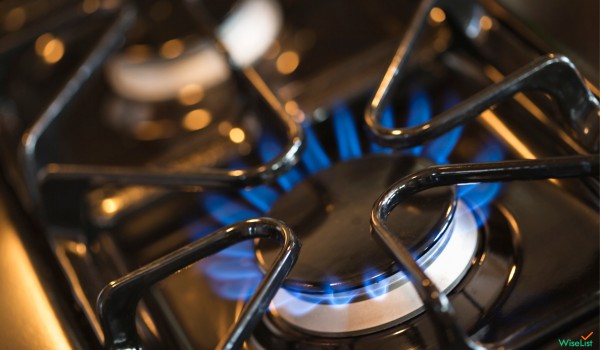
Key Points
- Two Types of Gas: Australian households have two main gas options: natural gas (piped) and LPG (bottled).
- Natural Gas Advantages: Cleaner, generally cheaper, continuous supply.
- Natural Gas Disadvantages: High upfront connection cost, requires pipeline access.
- LPG Advantages: Flexible for areas without pipelines, pay-as-you-go.
- LPG Disadvantages: Need to monitor usage and order refills, potential supply disruptions.
- Choosing the Right Gas: Consider location, pipeline access, energy consumption, and budget.
- Compare Natural Gas Plans: Use comparison tools to find the best deals.
Types of Gas Available
- Natural Gas: Piped through a network, primarily methane, low-carbon fossil fuel.
- LPG: Liquified propane and butane, delivered in bottles, also a low-carbon fossil fuel.
Tips for Your Natural Gas Plan
- Review Regularly: Check your plan at least annually to ensure you’re getting the best price.
- Switch Seamlessly: Changing providers doesn’t disrupt your supply and has no connection fee.
- Save on Gas: Turn off your hot water system when on holiday or only heat water when needed.
Reticulated Natural Gas (Piped Gas) Explained
- Eligibility: You need to live near a gas transmission pipeline.
- Connection: A gas fitter can connect your home, potentially requiring a new connection and meter box at an additional cost.
- Billing: Similar to electricity, generally bi-monthly in Victoria and quarterly in other states.
- Advantages: Cleaner, often cheaper than electricity, suitable for various appliances (heating, cooking, etc.).
- Disadvantages: High initial connection cost, requires gas appliances.
What if I don’t have Natural Gas Access?
- LPG is the Solution: If you can’t connect to the natural gas pipeline, LPG delivered in bottles is your alternative.
Liquified Petroleum Gas (LPG) Explained
- How it Works: Stored in refillable cylinders, delivered to your home, requires ordering refills.
- Advantages: Accessible even without a pipeline, easy installation, pay only when you need gas.
- Disadvantages: Need to monitor usage and order refills, risk of running out.
Important Considerations
- Which Gas is Best? Depends on your location, pipeline access, energy needs, and budget.
- Natural Gas Providers: Availability varies by location, use comparison services to find the best deals.
- Appliance Conversions: Natural gas appliances can be converted to LPG by a licensed professional.
- New Appliances: You’ll need new gas-compatible appliances if you currently have electric ones.
Safety Reminder: Always consult a licensed gas fitter for installations and conversions. LPG bottles are under high pressure and can be dangerous if mishandled.
